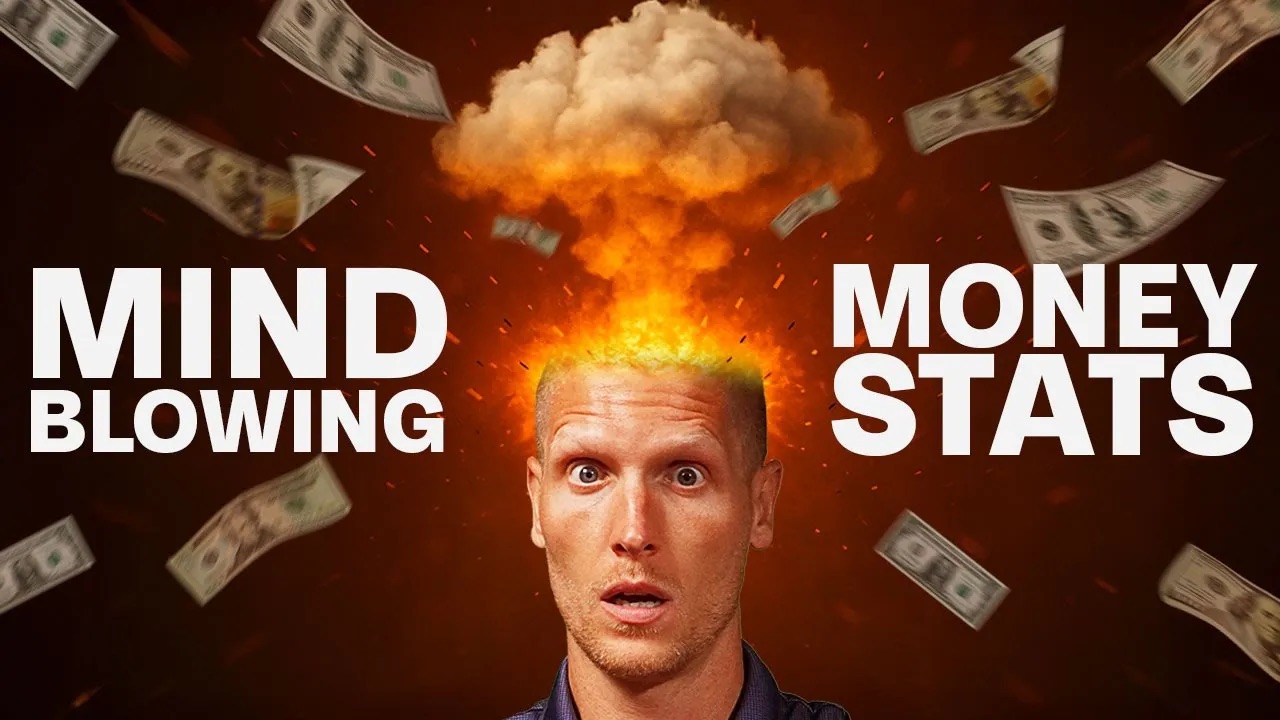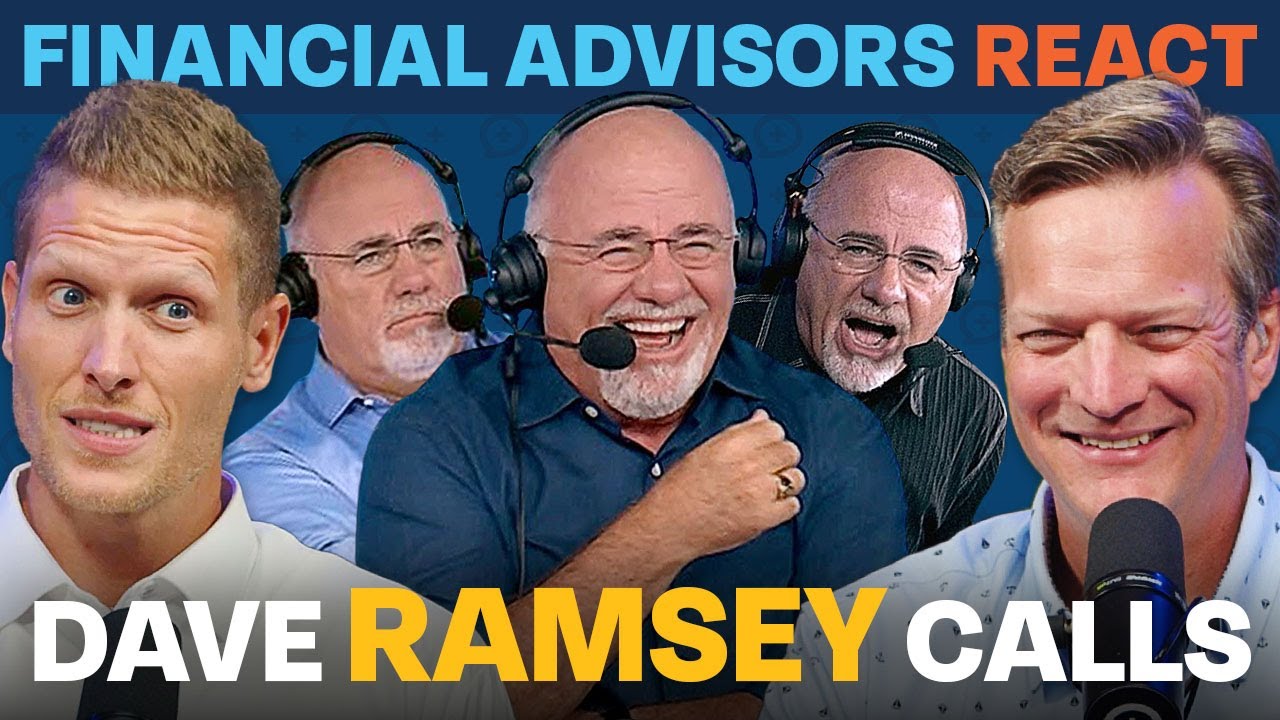Moving on to Chris's question, he says, "I'm 40 years old, and our family has $12,000 in student debt at 5.5% from a master's degree. I could pay it off with a bonus that's coming in February, but has the rate situation changed how you'd approach this? I'm on step five to six of the Foo right now, so I'm kind of between steps five and six. How should he approach it? Should he knock it out, or does this interest rate change how he should consider it in the financial order of operations? All right, let me make sure I got my numbers right. He's 40 years old? Yep. $12,000 of student loan debt at 5.5%? Yes. And, were there any other numbers or those? He's on step five to six. He's not working for the government where they're going to write it off because he qualifies for, you know, education, not say that. But he just said he has a bonus coming in February that could theoretically knock out that debt. So, you know, as we've talked through this before, we get a lot of questions around like, how should I prioritize or how should I think about paying off student loans? And we said, "Okay, well, let's put together a metric that could kind of help people approach this decision-making process." We said, "Okay, well, if we look at the historic equity risk premium, the what you get paid for investing your dollars. There's an opportunity cost conversation you have to have. Where will my dollars be more valuable, more valuable deployed satisfying debt or potentially growing for the future?" And what we said is that, you know, if you're someone in your 20s and the interest rate is above 6%, you should probably consider paying it off. And then if you're someone in your 30s and the interest rate's above 5%, you should probably consider paying it off. And if you're someone in your 40s and the interest rate is above 4%, you should probably consider paying it off. And so, I think we can kind of stop there. If you're following this sort of dynamic MC metric, you're 40 years old, you've got $12,000 student loans at 5.5%, if you say you're on step five and six, that tells us some things. We know that you are saving and have been saving, so you're putting that money to work. So, I know what I think I would probably do with that bonus based on that. But I'm curious, Brian, to know your thoughts.
No, I think we're aligned on this. I consider this kind of based upon you went through the metrics. Yep, this is more of a step three high-interest debt. That's right. Go ahead and knock it out, Chris, be debt-free on this. You know what? Because that's why I was asking the questions, can you get it written off or something? No, then this, you're paying 5.5%. You're now in the 40ish range, so congratulations, this now got elevated to high-interest debt. You can't make that on... Yeah, you can get close with cash, but let's... The risk, you're also... You're not 45. You've got a few years where you get to the... The really the tipping point on stay-wealthy behaviors versus get-wealthy behaviors. But still, I think you're making all the steps that I would go ahead and wipe out that student loan debt and be completely free of it.
But I want to... Now, I don't know because obviously we've come through this unique time. Like, have you been paying on this? And with paying this off, is it going to open up some room in your budget? If it does, what I would encourage you to think about is, okay, great. I got that debt knocked out. Now, what I was paying, I'm going to start aggressively sending that to my army of dollar bills, to my portfolio, to continue building that up rather than allowing it to just permeate into your lifestyle. Because what's great is at 40, while it's not... $1 turns into 88, according to the wealth multiplier. You want to hold the thing up. If you go to
moneyguy.com/resources, a lot of 40-year-olds... That dollar, once you've paid off that high-interest debt, can still turn over seven times by the time that you get to retirement. So, I would encourage you to let that be motivation, get rid of that debt, get excited about it, celebrate it, go out and have dinner, and then figure out how do we start using the money that we were sending to the student loans to start sending towards our future selves. And I think that would be awesome.













